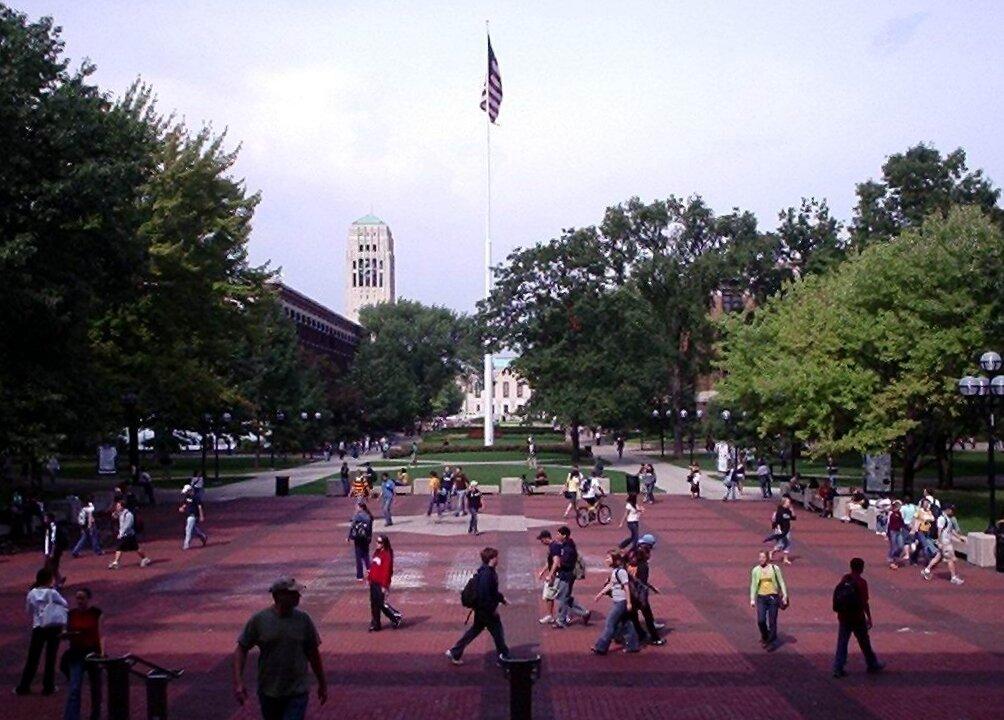To settle a civil rights lawsuit that was backed by the Trump administration, the University of Michigan has agreed to change politically correct policies that were alleged to have chilled students’ free speech on campus.
The settlement comes as conservatives in the United States are growing increasingly concerned about ideological intolerance in the nation’s institutions. They say universities, which used to be bastions of free speech, are now hotbeds of far-left orthodoxy that drown out opposing voices and stifle independent thought.





